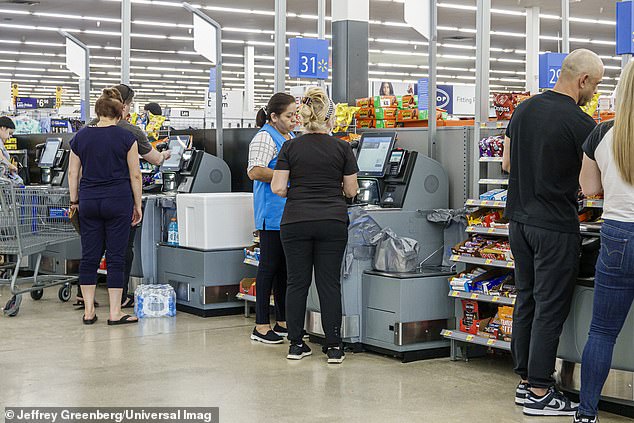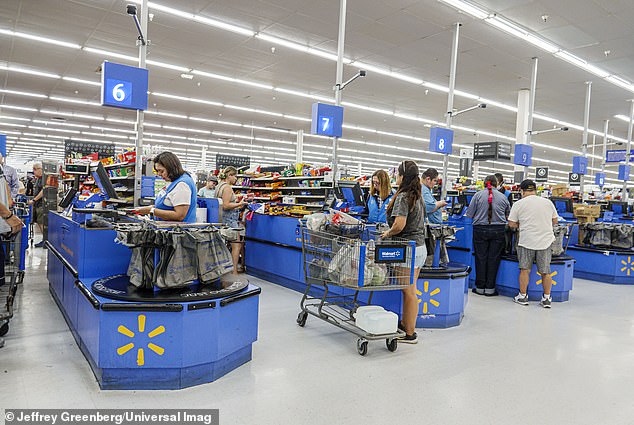Walmart has launched a new private label food brand and most of its products are priced under $5.
The brand, called Bettergoods, will arrive in Walmart stores and online with 300 products this fall, Walmart announced Tuesday.
The products will include frozen foods, dairy products, snacks, beverages, pastas, soups, coffee, chocolate, among others, the retailer said.
It will be Walmart’s largest store-labeled food brand in 20 years in terms of its variety of items, as it seeks to attract younger customers who are not brand loyal and want chef-inspired foods at more affordable prices.
‘Today’s customers expect more from the private brands they buy – they want quality, affordable products to enhance their overall dining experience. The launch of Bettergoods meets that customer need in a meaningful way,” said Scott Morris, senior vice president of private brands, food and consumables at Walmart.
Walmart has launched a new private label food brand and most of its products are priced under $5. The brand, called Bettergoods, will arrive in Walmart stores and online with 300 products this fall, Walmart announced Tuesday.
‘Bettergoods is more than a new private label. It is a commitment to our customers that they can enjoy unique culinary flavors at the incredible value that Walmart offers.”
Prices range from under $2 to under $15, with most products available for under $5.
The launch of the country’s largest retailer comes as inflation has led shoppers to look for less expensive alternatives, increasing the popularity of private labels.
“As an industry, we are seeing that younger customers are more brand-agnostic, prioritizing quality and value, and driving greater interest in private brands,” Morris said.
Private food and beverage brands accounted for nearly 26 percent of the overall market share in the number of units in that category sold last year, up from 24.7 percent the year before, according to the market research firm. Circana.
That compares to 74.5 percent for domestic brands last year, up from 75.3 percent in 2022.
Walmart’s rivals, including Target, have also been expanding their store labels on food.
Last week, Walmart announced that it will continue to remove self-checkout machines from its stores in what it says is an effort to improve the “in-store experience” for customers.

The products will include frozen foods, dairy products, snacks, drinks, pastas, soups, coffee, chocolate, among others. Prices range from under $2 to under $15, with most products available for under $5.
At two stores, in Shrewsbury, Missouri, and Cleveland, Ohio, the retailer said it would replace kiosks with staffed checkout lanes that will “give our associates the opportunity to provide more personalized and efficient service.”
In reality, many stores are abandoning self-checkout kiosks because they are especially vulnerable to theft, a problem that retailers say has been plaguing their businesses in recent years and forcing them to close locations entirely.
“Most of the reduction in self-checkout systems is due to retailers’ concerns about theft,” Neil Saunders, CEO of GlobalData, told DailyMail.com.
The U-turn by the world’s largest retailer may serve as a landmark moment in what appears to have been a years-long failed self-checkout experiment.

